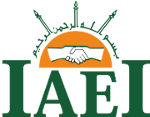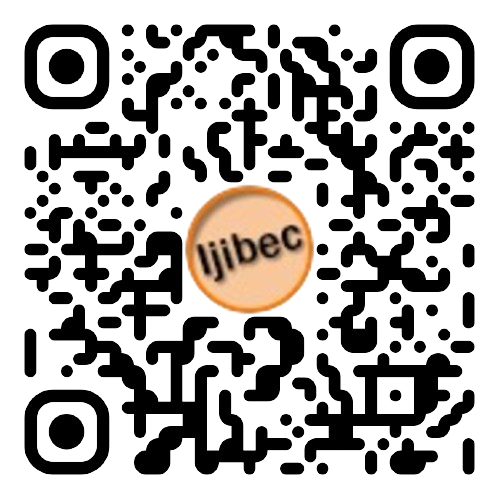Strong Correlations of Sharia Market to Conventional Market: Evidence from Indonesia Stock Exchange
DOI:
https://doi.org/10.28918/ijibec.v1i2.1003Keywords:
sharia market, conventional market, bivariate and multivariate analysis, coeffiicient of correlation, coefficient of determinationAbstract
Significant differences between Islamic Economic System and Conventional Economic System should generate differences between sharia market and conventional market. Conventional market clearly is influenced by interest rate and speculation that is normal in Conventional Economic System. But, interest rate and speculation are prohibited in Islamic Economic System. Sharia market should be free of interest rate and speculation. In fact, by bivariate and multivariate analysis, financial market indicates that there are strong correlations between sharia market and conventional market. This fact is based on research on Indonesia Stock Exchange data from December 2006 to November 2016 (ten years). Sharia market is represented by Jakarta Islamic Index (JII) and Indonesia Sharia Stock Index (ISSI). Both of them have strong and positive correlation with Jakarta Stock Exchange (JSX) Composite Index or with Jakarta Stock Exchange Liquid (LQ45) Index. Jakarta Composite Index and LQ45 are classified as conventional market. These conditions indicate that sharia market goes together with conventional market in the same character. Is sharia market inconsistent with its sharia principles? Why sharia market is not running on the track?













